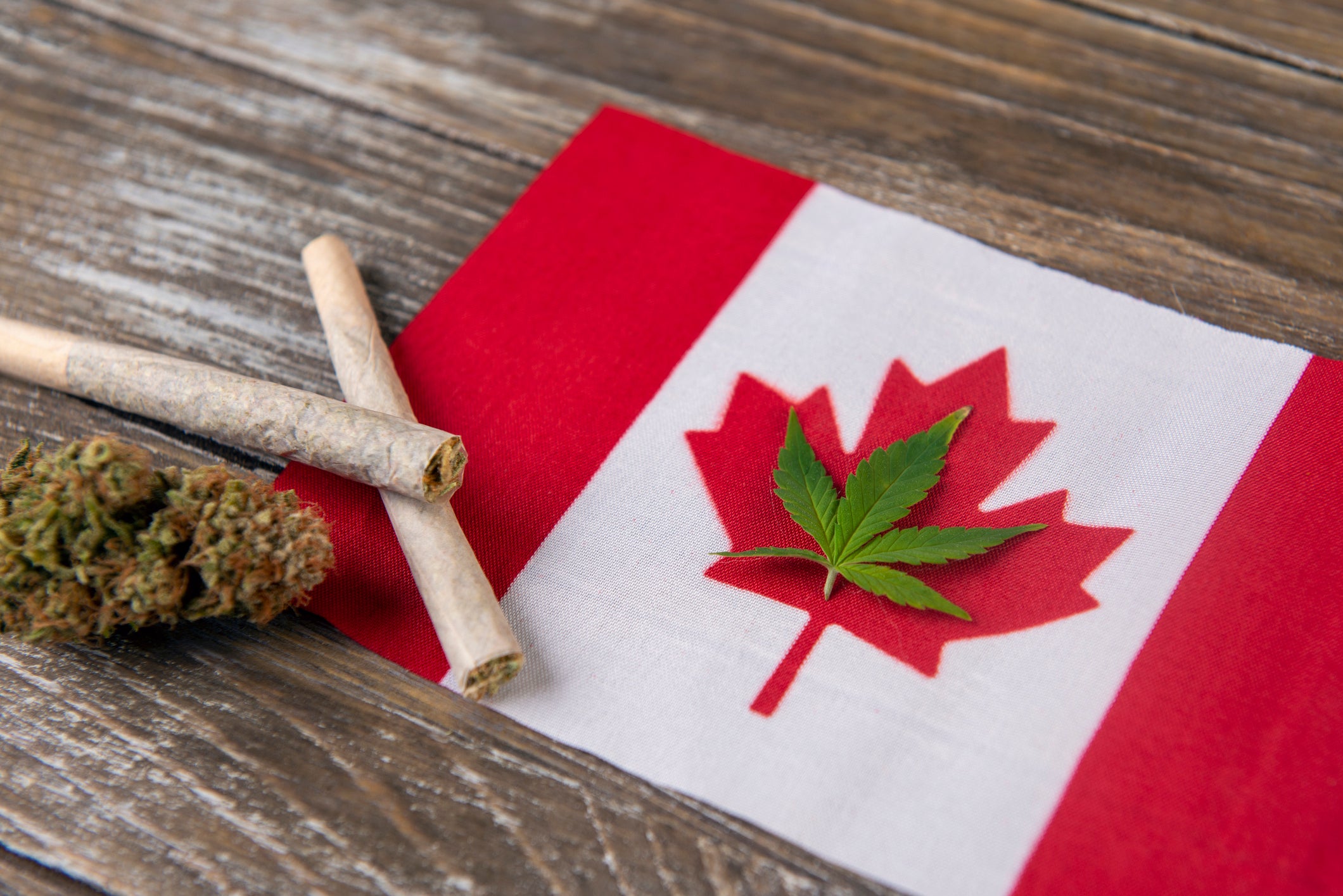Proposed Amendments to Cannabis Law in Canada Aim to Ease Regulatory Burden
LOS ANGELES- The Canadian government has proposed a series of amendments to federal cannabis regulations to alleviate some of the regulatory burdens faced by producers and distribution companies. These changes aim to streamline processes ranging from packaging to reporting requirements.
Health Canada announced that the proposed amendments could yield approximately $41 million in annual administrative and compliance cost savings. The adjustments seek to address issues making it difficult to market cannabis, with anticipated changes including the Order Amending Schedule 2 to the Cannabis Act and the Order Amending the Cannabis Tracking System Order (Cultivation Waste).
Key proposed changes include allowing the lids and containers of cannabis products to display different colors, permitting cut-out windows or transparent packaging, and enabling the use of QR codes for more product information. Producers would also be allowed to package multiple products together within the 30-gram limit and without the need to provide paper information sheets to retailers. Furthermore, producers would no longer need to report new dried or fresh cannabis products to the government, report annually on promotional efforts, or report on cultivation waste.
These changes are designed to address challenges such as bankruptcies and market consolidation following the 2018 legalization of cannabis in Canada. The country’s cannabis industry has been grappling with issues, including a significant oversupply, which resulted in $53.7 million worth of unsold products last December.
Earlier this year, a federal government-organized group made 54 recommendations for revising Canada’s cannabis laws, including updates to packaging and labeling rules and a review of excise taxes on cannabis producers.
Study Shows Cannabis Sales Impact Beer Consumption in Canada
A recent study published in the journal Drug and Alcohol Dependence indicates a decline in beer sales in Canada following the legalization of cannabis in 2018. The study, conducted by researchers from the University of Manitoba, Memorial University of Newfoundland, and the University of Toronto, found a significant drop in beer sales.
According to the study, beer sales in Canada fell by 96 hectoliters per 100,000 population immediately after the legalization of non-medical cannabis and continued to decrease by 4 hectoliters per 100,000 population each month thereafter. However, the legalization did not have a similar impact on spirit sales. Researchers noted that while some consumers may substitute cannabis for alcohol, others might increase their alcohol consumption due to heightened sensation-seeking behaviors.
Data for the study were sourced from Beer Canada and Spirits Canada, covering beer sales from January 2012 to February 2020 and spirits sales from January 2016 to February 2020. Beer Canada provided data covering about 90% of total Canadian beer sales, while Spirits Canada reported on various spirits but excluded ready-to-drink cocktails.
The proposed amendments to Canada’s cannabis regulations could potentially further influence these market dynamics, particularly if cannabis producers are better positioned to navigate the regulatory landscape.



































